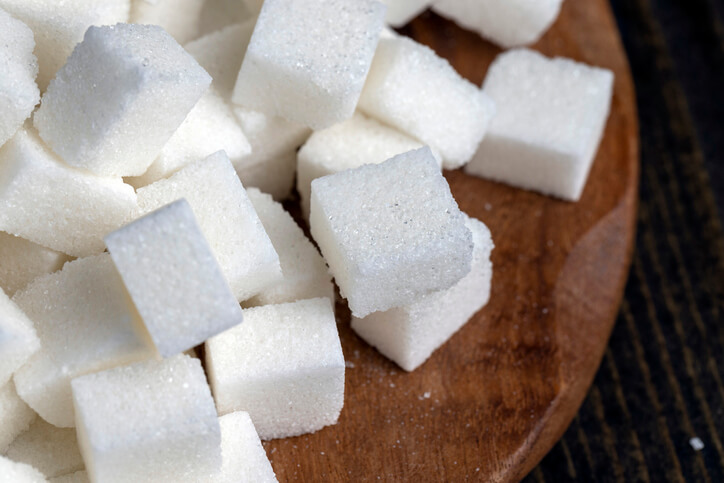
There is no denying the role that nutrition plays in maintaining dental hygiene. As taught in dental hygiene courses, proper dental hygiene goes beyond brushing and flossing – it is also related to our food choices. The food we eat daily, our eating habits, and the quality of our diet contribute immensely to the state of our teeth and general dental health. Many foods contain sugary and acidic compounds that progressively harm the teeth.
These compounds attack the gums, enamels, and other parts of the teeth, leaving cavities, plaques, and other traces of tooth decay. Here, we’ll draw a parallel between the foods we consume and dental hygiene. Here are three ways to understand the connection between nutrition and food decay.
1. Sugar and Tooth Decay
As the human teeth break down food particles into bits that the body can process, they interact with the carbohydrates, acids, vitamins, and minerals contained in the foods. In most cases, the sugar-containing compounds rub off the teeth much more than others and cause many problems associated with the teeth.
Sugar is inarguably one of the biggest causes of tooth decay. The bacteria in our mouths feed on the sugar in foods and drinks, producing certain unwanted acids. These acids wear out tooth enamel and create cavities in the teeth before causing various degrees of tooth decay. This is why limiting the intake of sugary snacks and beverages is essential.
Dentists advise taking foods rich in proteins, vitamins, calcium, and other tooth-friendly compounds. We can improve our dental health and overall wellness by including these foods in our regular diets.

2. Understanding Calcium and Strong Teeth in Your Dental Hygiene Career
The important role that minerals and calcium play in building strong teeth and bones must be considered. This fact is well-known to people studying dental hygiene diploma courses, but more people elsewhere are embracing this knowledge. This is why many food manufacturers promote their products as calcium-rich.
The importance of calcium-rich nutrition to dental hygiene can be argued using children as a point of reference. Children need healthy, strong teeth and bones at the growing stage, and their guardians are mostly encouraged to give them foods rich in calcium for this purpose.
Even at the adult level, calcium-rich foods are crucial to maintaining oral health. This is why oral hygienists constantly advocate foods like milk, cheese, yogurt, and leafy greens, which are rich in calcium. They help to strengthen the tooth enamel, leading to healthier gums and teeth.

3. Vitamins and Gum Health
The health of our gums depends on the type of foods we consume, and certain food compounds help protect the gums more than others. One such gum-friendly food compound is vitamins. People in dental hygiene career paths understand the role of vitamins like vitamin C in promoting healthy gums and overall dental hygiene. Vitamin C is most notably crucial for collagen production. This collagen helps maintain gum tissue’s integrity, keeping it healthy and in top shape.
If you desire healthy, firm gums, you should include fruits like strawberries, bell peppers, and other vitamin-rich foods in your regular diet. You can also find them as dietary supplements, effective when taken regularly. These vitamins help to prevent gum disease and promote gum healing. So, consider adding a few minerals to the menu while planning your next feeding regimen.
Considering a dental hygiene diploma program?
Contact the Canadian Academy of Dental Hygiene for more information.

